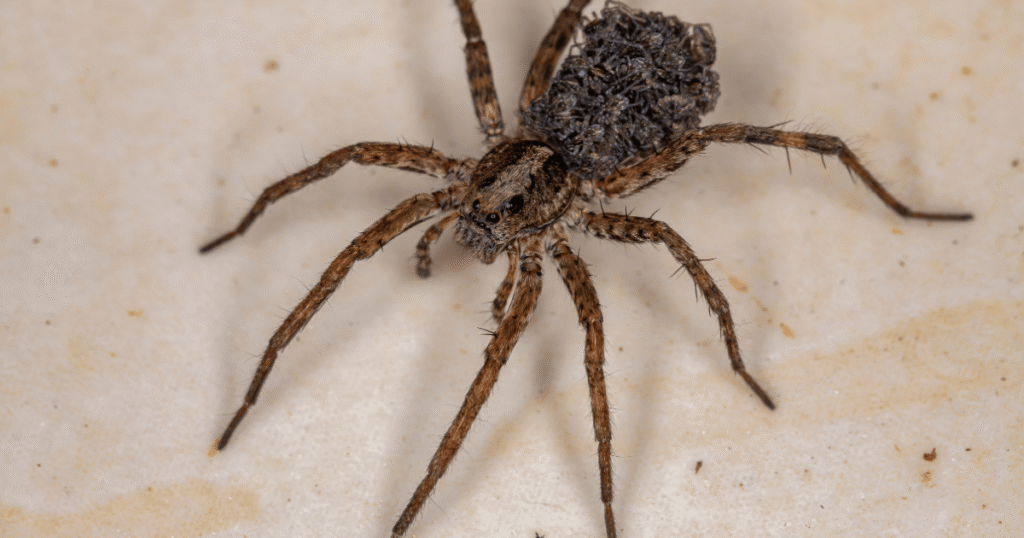Venomous Spider Bite Pictures are not just skin-deep—they can cause serious, sometimes life-threatening, complications if left untreated. In this guide, we provide graphic but informative visuals, real-life examples, and detailed analysis on what happens when spider bites from dangerous species like the brown recluse, black widow, and hobo spider go untreated.
Understanding Venomous Spider Bites
Venomous spiders inject toxins that attack tissues, nerves, or blood cells. The venom’s effects depend on the spider species, the amount of venom injected, and the individual’s response. While many bites are mild, certain spider bites can lead to necrosis, infection, and even systemic organ failure.
Brown Recluse Spider Bite: Silent but Devastating
The brown recluse spider (Loxosceles reclusa) is notorious for its necrotic venom. Initially, its bite might appear as a minor red bump, but without treatment, the tissue destruction can be catastrophic.
Day-by-Day Progression Without Treatment
- Day 1-2: Bite area becomes red and tender. A small blister may form.
- Day 3-5: Skin around the bite turns blue or purple. Blisters rupture, forming ulcers.
- Day 6-10: A large ulcer with black, dead tissue (eschar) develops.
- 2+ Weeks: Necrosis expands. Skin grafting or surgical debridement may be required.
Possible Long-Term Complications
- Deep skin infections
- Permanent scarring
- Secondary bacterial infections like MRSA
- Organ damage due to systemic loxoscelism
Black Widow Spider Bite: Neurotoxic Danger
The black widow (Latrodectus spp.), easily identifiable by its shiny black body and red hourglass marking, delivers a venom that targets the nervous system.
Symptoms Without Immediate Medical Attention
- Intense abdominal and chest pain (often mistaken for appendicitis or heart attack)
- Muscle cramping, tremors, and spasms
- Sweating, nausea, and vomiting
- Elevated blood pressure and heart rate
- In rare cases, respiratory failure or seizures
Without treatment, especially in children or the elderly, symptoms can escalate quickly, resulting in hospitalization or worse.
Hobo Spider Bite: The Misunderstood Aggressor

The hobo spider (Eratigena agrestis) has been debated as a necrotic venomous spider, though evidence remains inconclusive. However, untreated bites can still become severely infected.
Untreated Outcomes
- Redness and swelling at the bite
- Pus-filled lesions
- Progressive ulceration
- Cellulitis or systemic infection
Though less lethal, neglecting proper care still risks serious secondary infections.
Spider Bite Pictures: Uncensored Progression
Warning: Graphic Content Below
Visual evidence shows the gravity of ignoring venomous spider bites. These real-life images depict how small bites evolve into horrifying wounds.
Brown Recluse Bite (Image Descriptions)
- Initial Stage: A small red bump resembling a pimple
- 3 Days: Purple discoloration, blistering
- 7 Days: A deep, oozing ulcer surrounded by black necrotic tissue
- 14 Days: Open, crater-like wound requiring debridement
Black Widow Bite (Image Descriptions)
- Within 30 Minutes: Swelling with fang punctures
- 2 Hours: Severe muscle cramps, rigid abdomen
- Day 2-3: Skin appears normal, but patient is bedridden due to systemic symptoms
- Day 5: Recovery begins with continued pain management
These images underscore the need for early medical intervention.
Signs You Must Never Ignore
If bitten by any spider, the following signs demand emergency care:
- Rapidly expanding wound
- Black or purplish skin
- Ulceration or oozing lesion
- Fever or chills
- Muscle cramps or spasms
- Difficulty breathing or chest pain
Neglecting these symptoms invites infection, permanent damage, or even death.
What Happens Internally Without Treatment
Beyond visible symptoms, venomous spider bites can wreak havoc inside the body:
- Brown recluse venom contains enzymes that break down cell membranes, leading to widespread tissue destruction.
- Black widow venom stimulates nerve endings, causing a massive release of neurotransmitters, which can disrupt cardiovascular and respiratory functions.
- Untreated infections from open wounds can enter the bloodstream, resulting in sepsis, a life-threatening condition.
Effective First Aid Measures You Should Take Immediately
Before reaching a hospital, the following steps can slow progression:
- Clean the bite with mild soap and water
- Apply a cold compress to reduce inflammation
- Elevate the affected area
- Do not apply heat or attempt to suck the venom
- Seek immediate medical attention
Time is critical—delays lead to irreversible damage.
Common Myths That Can Make Things Worse
Many people misidentify spider bites or rely on ineffective home remedies. Popular but dangerous myths include:
- “It’s just a pimple, it will heal.”
- “Applying heat draws out venom.”
- “You don’t need a doctor unless it gets worse.”
These beliefs are hazardous. Only a trained medical professional can provide accurate diagnosis and antivenom if needed.
When Surgery Becomes Necessary
In severe untreated cases, medical intervention can escalate to invasive procedures, including:
- Surgical debridement to remove necrotic tissue
- Skin grafting to repair deep ulcers
- Antibiotic IV therapy for systemic infections
- Intensive care unit (ICU) admission for life-threatening complications
How to Prevent Spider Bites
- Shake out clothes, shoes, and bedding
- Wear gloves when working in sheds, garages, or woodpiles
- Seal cracks and crevices around the home
- Avoid sleeping directly on the floor
- Educate yourself on local venomous spider species
Prevention is the only sure way to avoid the nightmare of a venomous bite.
Conclusion
Venomous Spider Bite Pictures are more than skin injuries—they are medical emergencies when untreated. From disfiguring ulcers to neurological breakdowns, these bites demand fast, informed action. Pictures reveal the brutal truth: neglect can cost you more than your skin.


